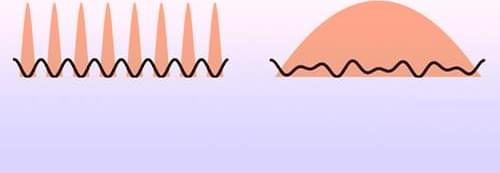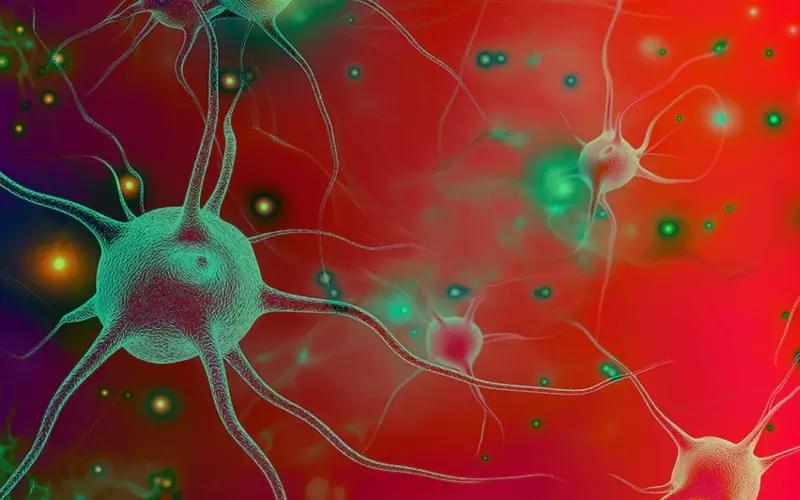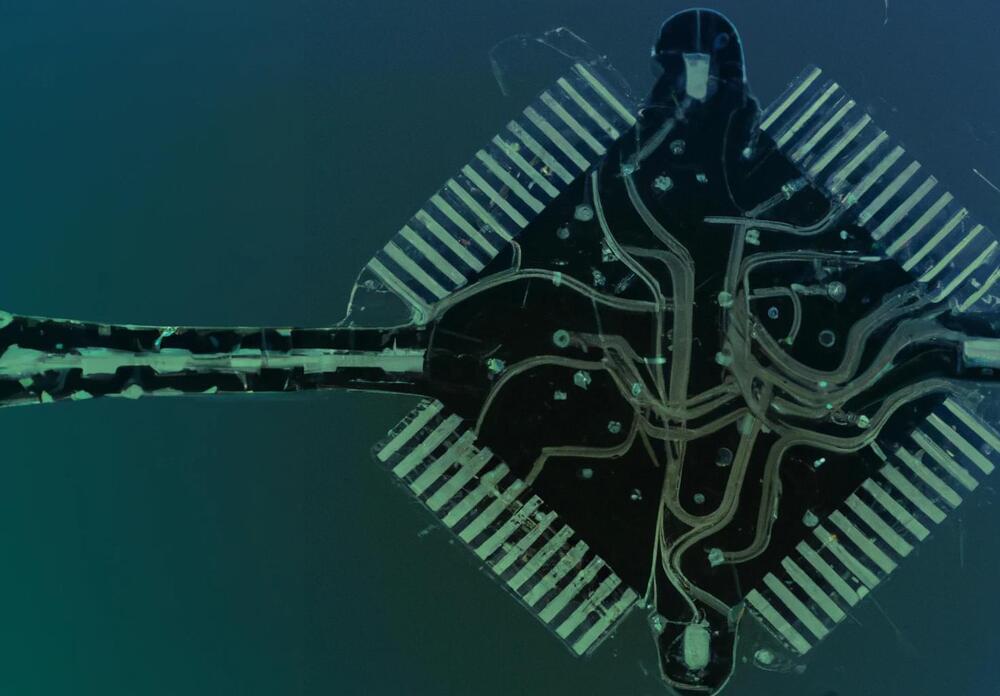A Bose-Einstein condensate of cold atoms occupying a periodic lattice can flow like a superfluid. But if the atoms’ mutual repulsion is strengthened and the lattice potential deepened, the atoms can become immobilized in a state known as a Mott insulator. Now Hepeng Yao of the University of Geneva and his collaborators have examined the Mott transition of cold atoms trapped in a lattice that is quasiperiodic rather than periodic [1]. Given that quasiperiodicity and other kinds of disorder tend to trap particles, the researchers were surprised to discover that their quasiperiodic lattice sustained the superfluid state rather than weakening it.
Yao and his collaborators trapped potassium-39 atoms in a one-dimensional optical lattice formed by the standing waves of two lasers. If the ratio of the lasers’ wavelengths was a rational number, the lattice was periodic. Otherwise, the lattice was quasiperiodic. By adjusting various experimental parameters, they could control the depth of the confining potentials, the strength of the interatomic repulsion, and whether the lattice sites were fully occupied. To determine whether a given set of parameters yielded a static, insulating state or a mobile, superfluid one, they turned off the trap and observed how the atoms flew apart.
The team found that the Mott transitions for the periodic and quasiperiodic lattices were both characterized by a critical value of the interparticle repulsion, but the critical value in the quasiperiodic case was higher. Quantum Monte Carlo simulations pointed to the reason. The commensurability between the lattice period and the particle number is a key factor in pinning particles in a Mott insulator. However, the quasiperiodic lattice blurs this commensurate period, thereby destabilizing the Mott phase to the profit of the superfluid one.








